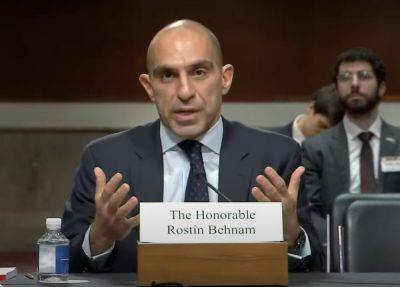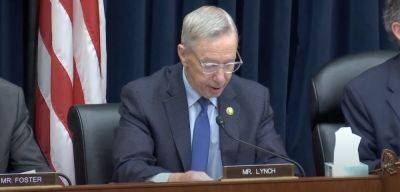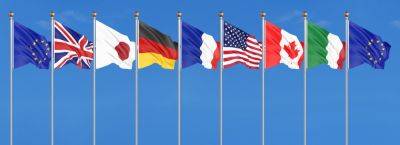Why is Google stonewalling regulation in Brazil?
O n Monday, 1 May, Brazilians were surprised when they went to the Google homepage. Under the familiar search field, a link said: “The fake news bill can make your internet worse.” Whoever clicked on the link was taken to a Google blog that criticized draft law 2630, which was to be voted on Brazilian Congress the next day.
The search homepage, used by more than 90% of 160 million internet users in Brazil, also claimed in another link that “the fake news bill can create confusion about what is true and what is a lie in Brazil”.
Known as “the fake news law”, the bill criticized by Google enhances transparency requirements and forces social media, search engines and messaging services to detect and take down illegal content, posing heavy fines if they don’t. It also obliges tech companies to pay for journalistic content used, in a bargaining scheme like the one adopted in Australia.
Critics have argued that the bill was not sufficiently debated in society; in the end, the vote was suspended – but not because of lack of debate. An orchestrated fake news campaign led by many of the same pro-Bolsonaro influencers that tried to overturn Brazilian elections – allied themselves with Google, Facebook and Tiktok against regulation and scared off internet users by branding the proposed law “the censorship bill”.
Newspaper Folha de S Paulo reported that Google’s strategy included sending emails to YouTubers saying there would be less money to invest in their channels and asking them to talk to their Congress. The tech giant also fumbled with search results, prominently showing its own blog post and other articles that were critical of the bill, according to a study by the Federal University of Rio de Janeiro.
Google denied manipulating
Read more on theguardian.com









